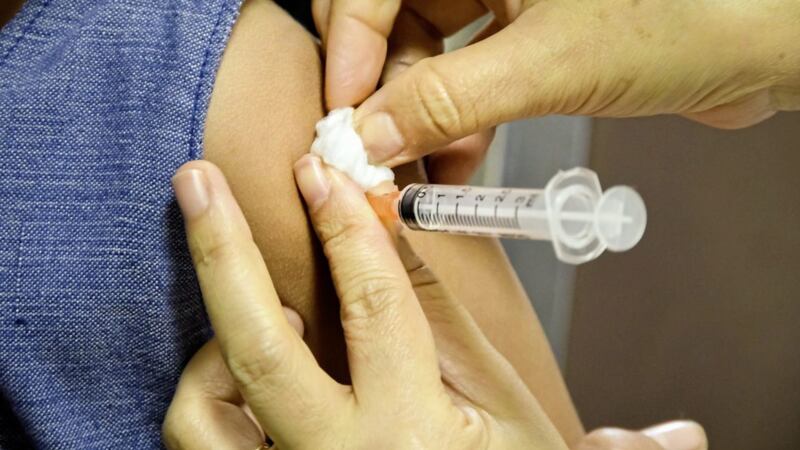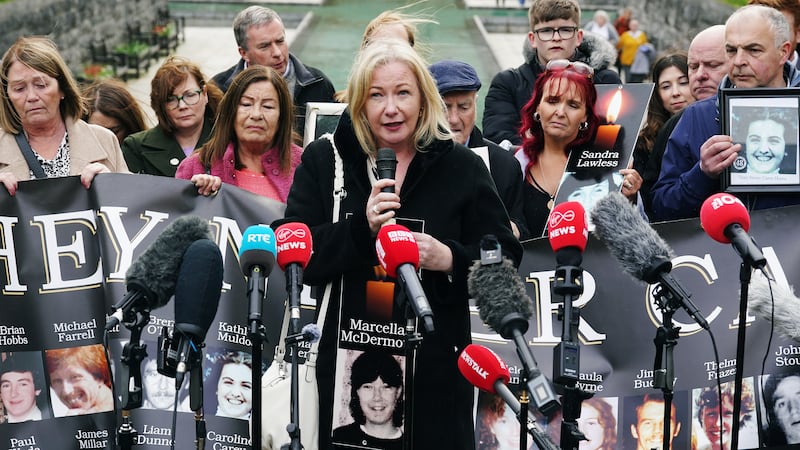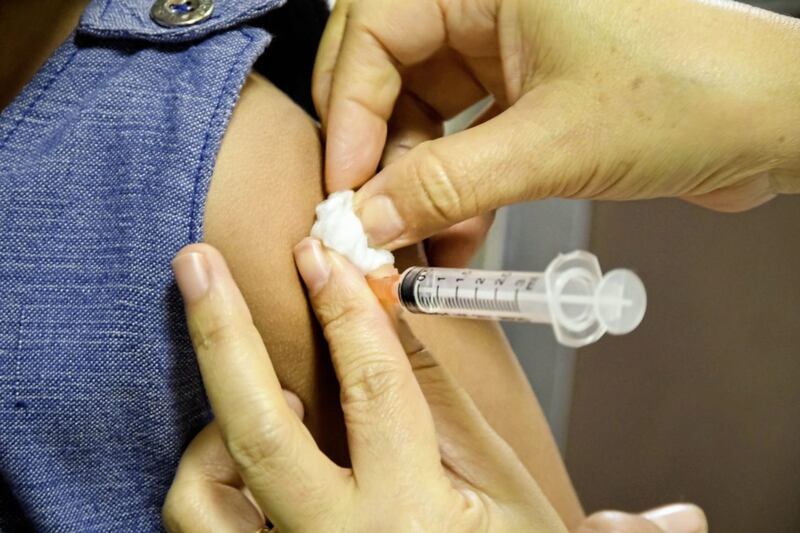A Catholic bishop in Ireland has been warned by health chiefs that he is endangering women's lives over his opposition to a vaccine which helps prevent cervical cancer.
Bishop of Waterford and Lismore Phonsie Cullinan said giving the injection to 12-year-old girls to guard against the human papilloma virus could lead to promiscuity.
"It's not only a medical issue, it's a lifestyle issue," he said.
"It affects the lifestyle of our young people.
"We have to do better than to give our boys condoms and our girls injections at the age of 12."
Vaccinations against the HPV virus fell by half last year in Ireland amid scares over side-effects but the uptake has since stabilised.
The country's Health Service Executive (HSE) has previously warned parents about conflicting and misleading information.
Since 2010 more than 230,000 girls have been vaccinated, with about 1,000 reporting adverse reactions.
Most commonly, people fainted when injected or showed gastrointestinal symptoms, malaise, headache, dizziness and injection site reactions.
Other allergic-type reactions have been reported, including skin rashes, hives and flushing and isolated reports of more severe hypersensitivity-type reactions and some reports of persisting or chronic fatigue.
Ireland has one of the highest cervical cancer rates in Europe with more than 90 women dying from the disease every year and more than 280 others needing surgery, chemotherapy and/or radiotherapy.
Bishop Cullinan initially went public on the issue earlier in the week with an email to the Munster Express newspaper.
Subsequently, in an interview with local radio WLR FM, he said he had rowed in as he was aware of "emotional and spiritual damage" of young people who felt peer pressure to have sexual relationships in their teens.
The Bishop said: "It's absolutely certain that the clearest and the best protection against getting sexually transmitted diseases is good old fashioned traditional abstinence."
He added: "Prevention, the number one and most effective protection is abstinence. A good old traditional value."
The cleric said the vaccine "changes a mentality" and "gets people to think they are fully protected".
"I think it could certainly lead to a false sense of security," the Bishop added.
The HSE's communications director Paul Connors said some of the remarks flew in the face of best available medical and scientific evidence.
"The women of Ireland might be better served if Bishop Cullinan left pronouncements on important clinical matters such as vaccination programmes to the experts in that field," Mr Connors said.
He described the bishop's remarks as miscommunication of information which put the health and lives of women at risk.
Mr Connors said they may have had resonance 50 years ago but they were unacceptable now.
"In the context of a young, intelligent, vibrant and mobile population of Ireland of 2017 his comments are outdated, unhelpful and quite frankly ill-informed," he said.
The HPV vaccine used in Ireland is Gardasil. It is said to protect against two high risk types of the virus, one of the most common sexually transmitted infections.
It prevents HPV 16 and 18, which cause 90 per cent of genital warts, and is used in more than 25 European countries, the US, Canada, Australia and New Zealand.
Regret, one of the parents' groups opposed to the vaccine, claims information from the HSE is incomplete, downplays safety issues and exaggerates its effectiveness.
According to Ireland's Health Products Regulatory Authority (HPRA), there were 245 reported adverse reactions to Gardasil in the two years to April 2017.


